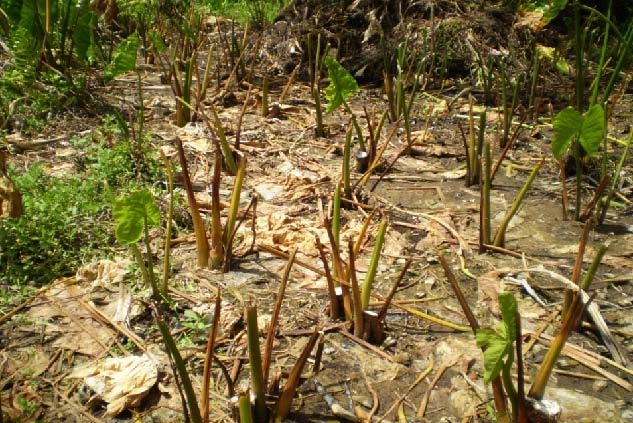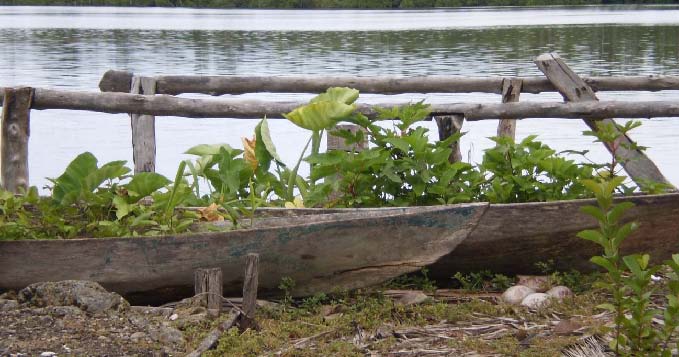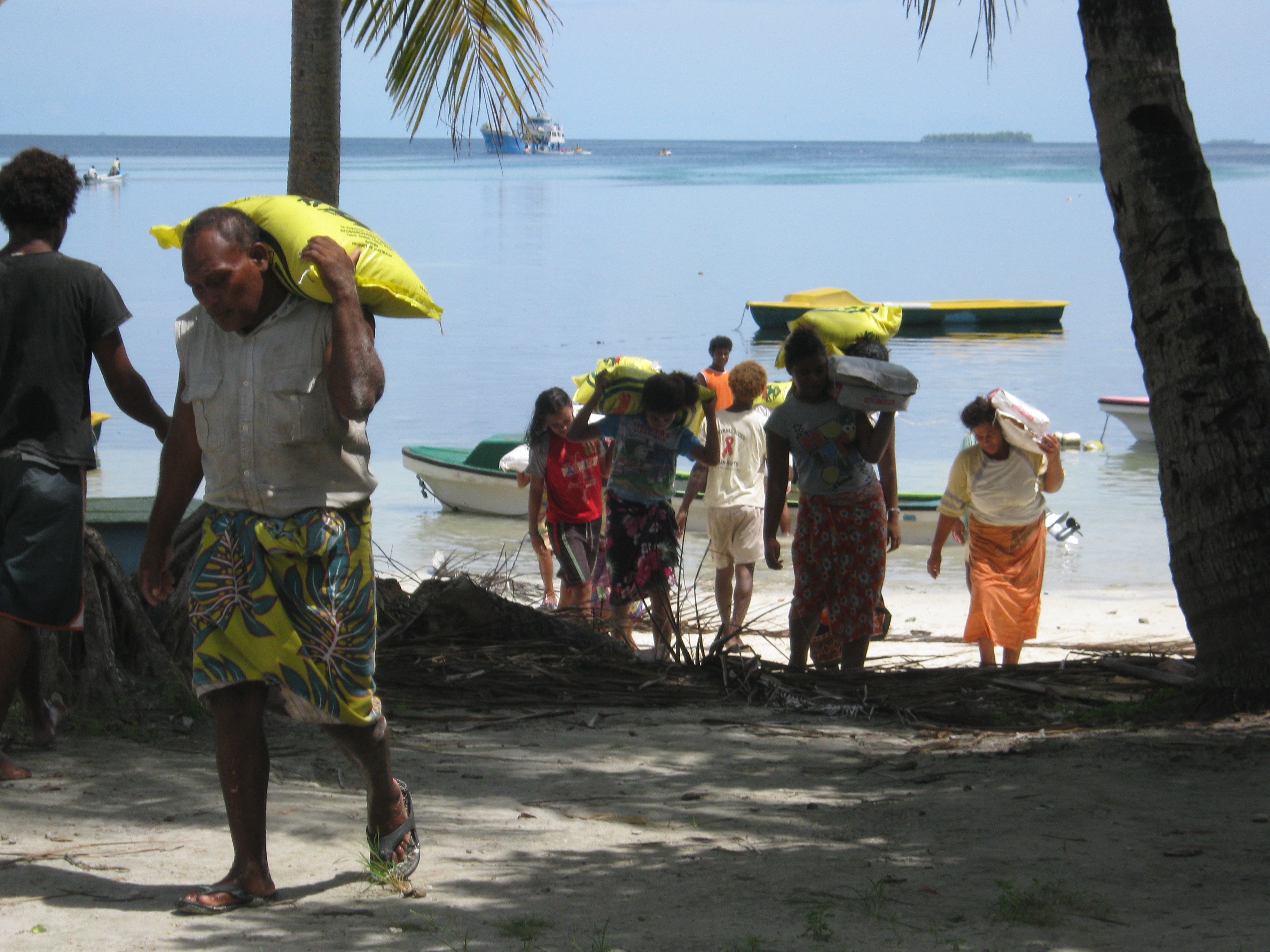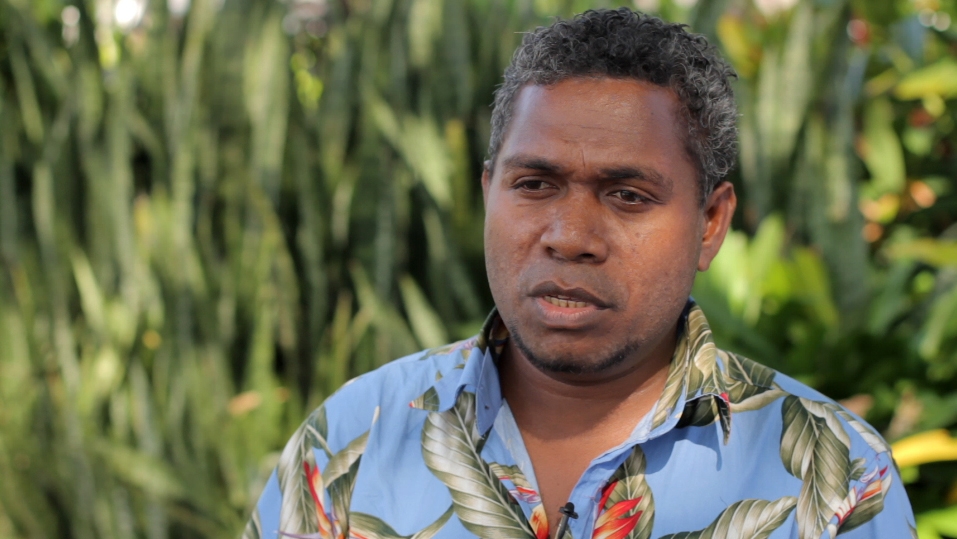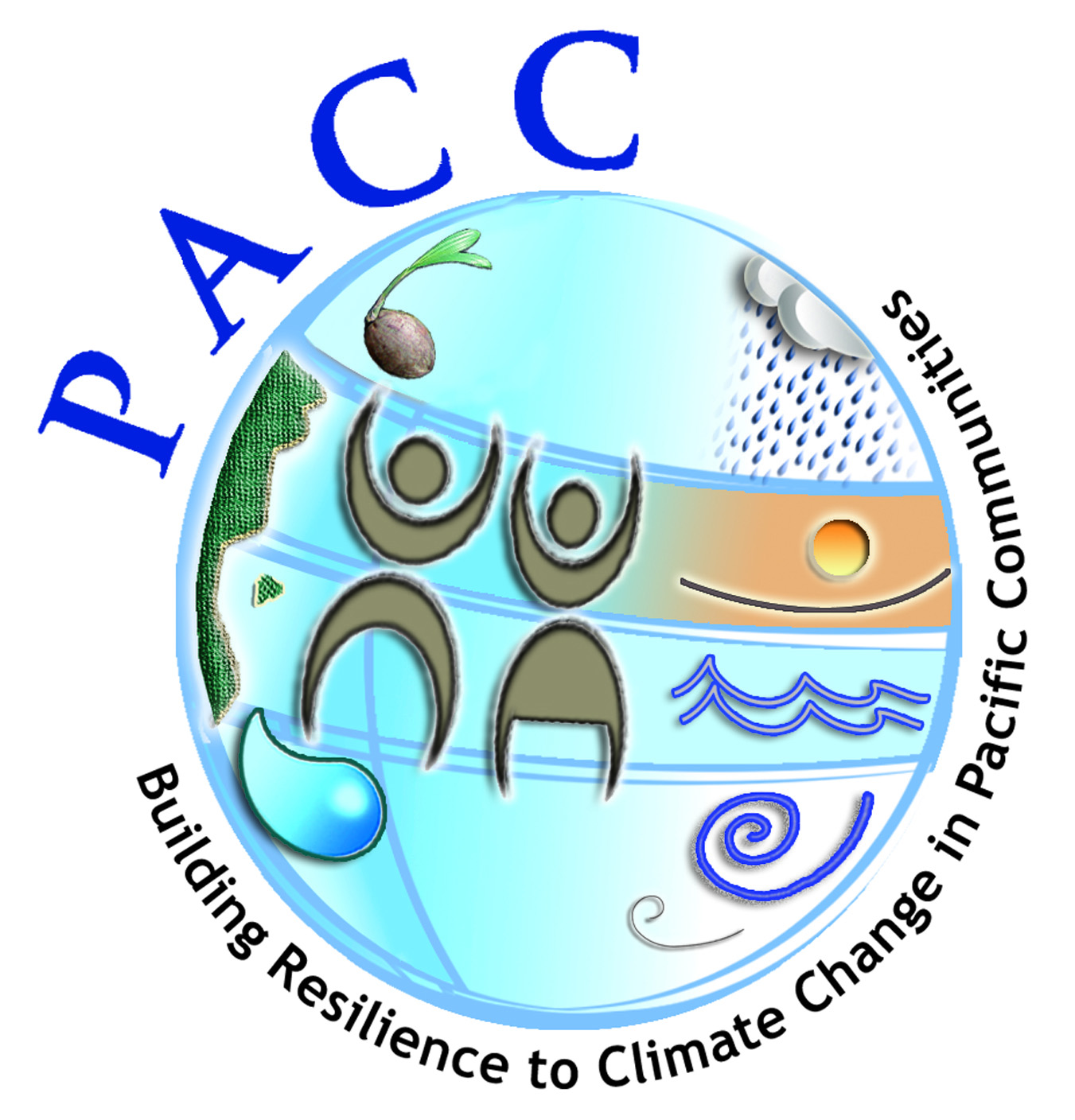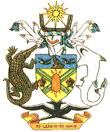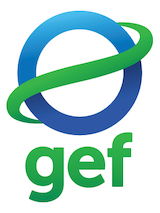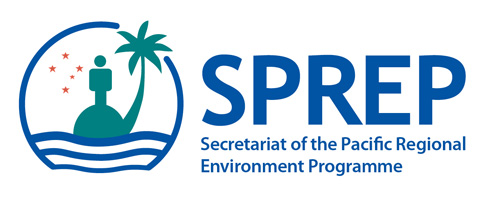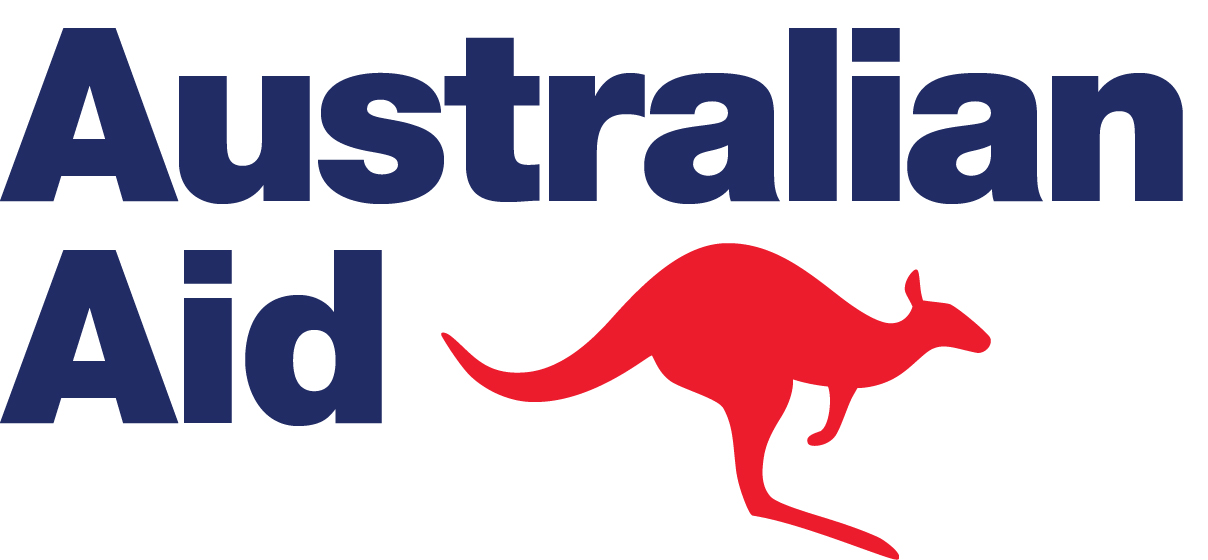PACC Solomon Islands
Project Overview
PACC Solomon Islands: Improving the ability of isolated low-lying island communities to address food production and food security issues induced by climate change
In the Solomon Islands, a country made up of hundreds of coral atolls and small volcanic islands stretching approximately 1,600 km across the Pacific Ocean, the PACC SI project focused on enhancing food production and increasing food security.
Significant results of the PACC project in Solomon Islands include:
- 1. Development and endorsement of the Solomon Islands National Climate Change Policy by the cabinet, Solomon Islands Government
- 2. Establishment of Agriculture Demonstration Plots on the pilot site/communities (Ontong Java)
- 3. Solar Dried Cassava Demonstrations
- 4. Facilitating women community representative to participate in a regional Food Processing Training in PNG with government representatives.
- 5. Engagement with Ontong Java Women Association to establish cassava demonstrations on identified agricultural land at the national level and finally our proposed demonstration on the next project site (Sikaiana Atoll/Solomon Is)
For more information on the 13 additional participating countries and the Overall PACC Programme, click here.
Project Details
The Solomon Islands’ climate is tropical with heavy rainfall, trade winds, tropical cyclones, storms, and hurricanes. More than 80% of Solomon Islanders live in rural communities and are dependent on agriculture production such as local food crops, cash cropping, fishing and forest products.
Climate-induced disturbances (drought, salt water intrusion) are expected to adversely affect food supply and food security. Temperature change and extreme events are also expected to increasingly affect crops, putting the coastal lowlands at risk of food shortages. A decline in root crops, particularly the taro crop, due to water temperatures and salt-water inundation has already significantly reduced yields in the past several years.
In addition, the population of Solomon Islands is increasing at approximately 4.4% annually, which is also putting pressure on natural resources and land for food production, building materials, and other life support systems. With depletion of forest resources, communities are finding it increasingly difficult to access forest products, housing materials, food, and clean water, which are all important for village livelihoods.
Key Results and Outputs
PACC SOLOMON ISLANDS SIGNIFICANT RESULTS FOR 2012
Component 1: Policy changes to deliver immediate vulnerability reduction benefits in context emerging climate change risks defined in Solomon Islands
- I. Awareness of the SI National Climate Change policy during to stakeholders and general public who access the documents/seeking further information’s
Component 2: Demonstration measures to reduce vulnerability in crop production in low lying communities of Solomon Islands implemented
- I. Conduct and completion of Cost-Benefit Analysis (CBA) to better inform adaptation option for PACC Pilot intervention
- II. Establishment of PACC demonstration plots in Ontong Java (Luaniua) -reports available
- i. Community support for MAL/PACC interventions on the pilot sites
- ii. Training of local farmers at the community level to manage the demonstrations
- iii. Support with water tanks to aid water for household consumption and demonstration purposes
- III. Development of demonstration Guidelines for Implementations on the Pilot sites (suitable farming systems)
- IV. Solar Cassava Drying demonstration to increase food production and food processing for the low lying communities - reports available
- V. Demonstration Guidelines for Solar Cassava Processing produced
- VI. PACC engagement with Ontong Java Women Association to establish demonstration at Henderson area at the capital
Component 3: Knowledge based management/sharing lesson learnt
- I. Good coordination between MAL/PACC PMU and ACoM FSP during implementation of the demonstration
- II. PACC support/facilitate member of Ontong Java Women Association to participate in Regional Food Security and Processing training in PNG
- III. Awareness conducted at the community level before MAL/PACC Intervention and demonstrations
- IV. Awareness on the impact on Climate Change in the area of food security conducted by implementing officers
PACC has a strong political support from the national and provincial government to implement adaptation activities on areas/region affected by climate change in the area of food security.
For the overall PACC project, the first of the PACC outcomes is devoted to mainstreaming. The PACC approach to mainstreaming has a dual purpose: 1) to strengthen the ability of institutional frameworks, policies and plans to take climate change risks into consideration and 2) to improve the capacity of key national government and community decision-makers to integrate adaptation measures in key decisions.
The second PACC outcome is to design and demonstrate innovative decision systems, approaches, technologies and practical measures to improve climate-resilience.
The third outcome, Technical Support and Communication, is to ensure that results and lessons from the PACC project are shared regionally and globally. The goal is also to bring together new knowledge generated through the project as the basis for a strategic regional approach to climate change adaptation among Pacific Island Countries and Territories.
Key Results
- National adaptive capacity developed
- Community vulnerability to climate change reduced
- Technical assistance & Regional Cooperation
Outputs
- 1.1 Technical capacity of key decision makers developed
- 1.2 Institutional coordination mechanisms established
- 1.3 Tools to assess economic costs of adaptation developed and utilized
- 1.4 Legislative and policy directives prepared and adopted
Reports and Publications
Examples of Cost- Benefit Analysis Reports
The Solomon Islands PACC Cost- Benefit Analysis Final Report
Monitoring and Evaluation
More information to come...
